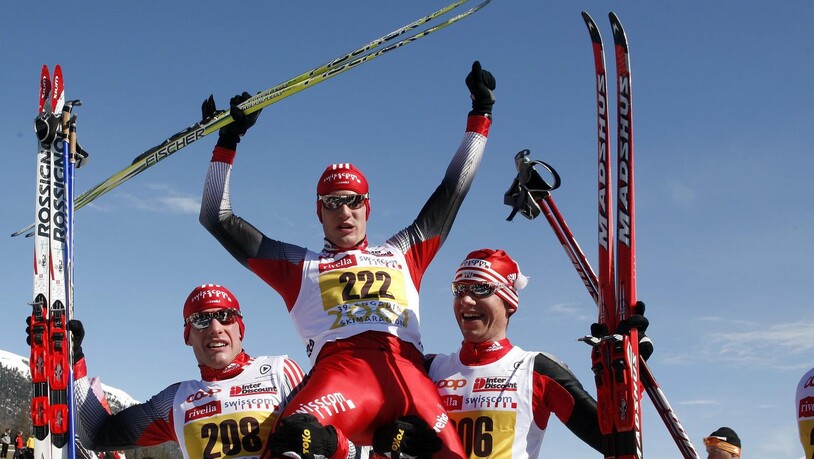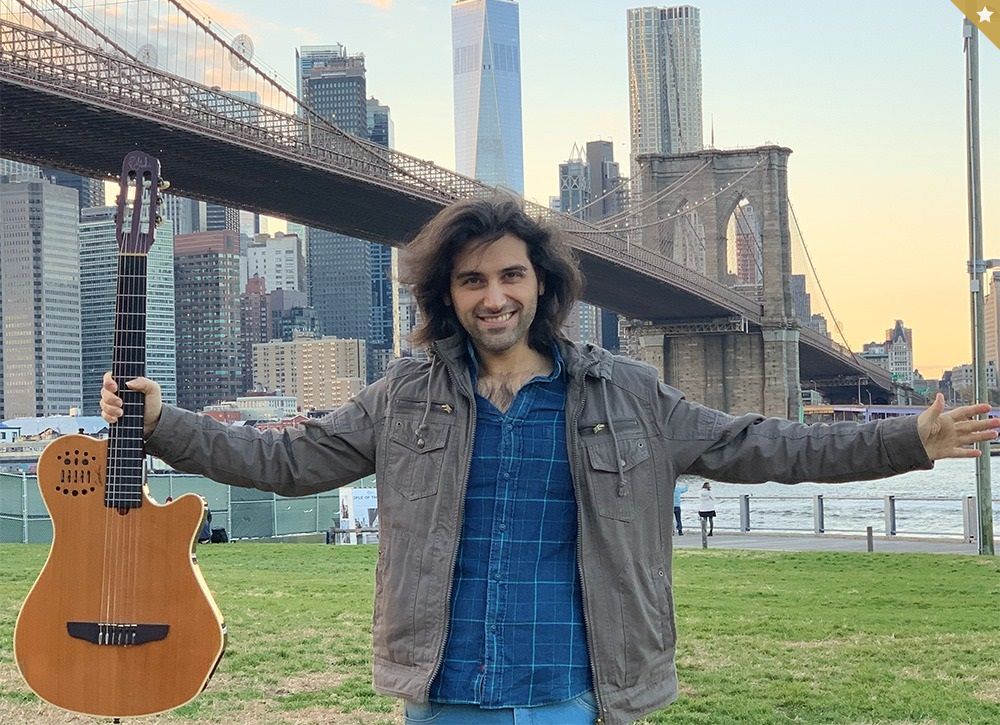Patron of the RTBF sports service for nearly twenty years, Michel Lecomte has just retired. In a souvenir book, he reviews his career, marked in particular by the inflation of television rights.
–
Michel Lecomte, the emblematic director of the sports department of RTBF, bows out. From the drama of Heysel to the Red Devils through Justine Henin, the Borlées or the Armstrong affair, he wrote down on paper (1) the memories of a 40-year career in the service of a passion increasingly dominated by TV rights money.
–
Under your leadership, RTBF has invested heavily in sport. Sometimes too much, say its detractors …
With Switzerland, RTBF should be the European public audiovisual service which offers the largest sports offer. It was a wish of the general administrator, Jean-Paul Philippot, on his arrival in 2002. Is it too much? I do not think so. Sport represents on average 6% of RTBF’s budget (382 million in 2019, Editor’s note). It is reasonable and it is part of our public service missions: to make unifying events accessible to as many people as possible. Consider that we sometimes exceed 80% audience share during Red Devils matches! This reinforces the attractiveness of RTBF and allows it to capture audiences for other programs.
–
–
RTBF has indeed a very rich offer, but for 20 years, RTL has broadcast the Champions League. A snub?
We can not have everything. We have the Olympic Games, the Red Devils, the World Cup, the Tour de France, the classic cycling, etc. We must also have the means to bounce back on other sports when Belgians distinguish themselves there such as hockey, women’s basketball, tennis in the early 2000s. the Champions League, I would say that RTL has the prestige and we the proximity to the Europa League where Belgian clubs have more opportunity to shine. The audiences are also quite comparable.
–
What about F1? Should it be broadcast on RTBF when it can be seen for free elsewhere and there is no Belgian pilot?
It’s true, but there is the Spa Francorchamps circuit, which is decisive in this strategy. And then, unlike the Flemish, the French speaker is very interested in F1 and motorsports. I would add that the last contract did not see the costs explode, it is clearly the opposite. Whether it is with F1 or other sports, we have reached a ceiling. With the crisis, there is less and less money. Rights holders will have to adapt to it.
–
“With the crisis, there is less and less money. Rights holders will have to adapt to it.”
–
When we see what is happening with Mediapro, which has acquired the rights to French football for 820 million per season but which is unable to honor its contract, there is a bubble that has burst, right?
That’s what I was saying: we have reached a peak. The Mediapro case is a huge failure, it is a lesson. By wanting to win too much, we risk losing everything. I am surprised that the professionals supposed to evaluate this contract did not obtain the necessary guarantees for its execution. With us, everything is analyzed, underweighted. And it is well amortized by advertising and sponsorship. We never broke our piggy bank. I remember that at the beginning of the 2000s an intermediary came to sell me European matches before even knowing the poster! In the north, where there was terrible competition between the channels, he had managed to sell them for more than 380,000 euros a match. It was madness.
–
“With us, everything is analyzed, underweighted. And it is most of the time amortized by advertising and sponsorship. We have never broken our piggy bank.”
–
Do you remember when you first started negotiating rights?
It was super stressful, I wondered how I was going to get there. Fortunately, my management has always supported me. But negotiation is more than numbers, it is evaluating the competition while everyone is hiding their game, it’s going to get the info. There is a little exciting side. We weave our web over time. I remember missing the Europa League in 2009, because we played the clock to pay as little as possible, but we did not see AB3 coming. At the time, we had been presumptuous.
–
Is it only the money that counts or does the enhancement of the product also play a role?
Rights holders always ask applicants for a qualitative offer but in the end, only the amount you put on the table matters. TF1 buys a game, advertises it and that’s it; but he wins, because he puts in more money. We do magazines and analyzes, but that’s not what makes the difference. I remember an interview with Bernie Ecclestone (the former boss of F1): he told me that he never changed cars when he was satisfied. It’s bullshit: if we put in more money, he will change his car. And therefore of diffuser!
–
“Ultimately, all that matters is how much you put on the table.”
–
The Gafa are starting to acquire sports rights. Do they not risk taking everything in the long term?
Considering their means, they are stronger. They have already acquired certain rights which they are testing. But we have a great asset that had already protected us when the toll chains arrived: the legislation of the Wallonia-Brussels Federation which requires that major sporting events of general interest like the Devils, the classic cyclists, the Olympic Games, the World Cup, etc. must be broadcast free of charge on general interest channels.
–
(1) “My stills on image”, Kennes Editions, 175 pp.
–
–


